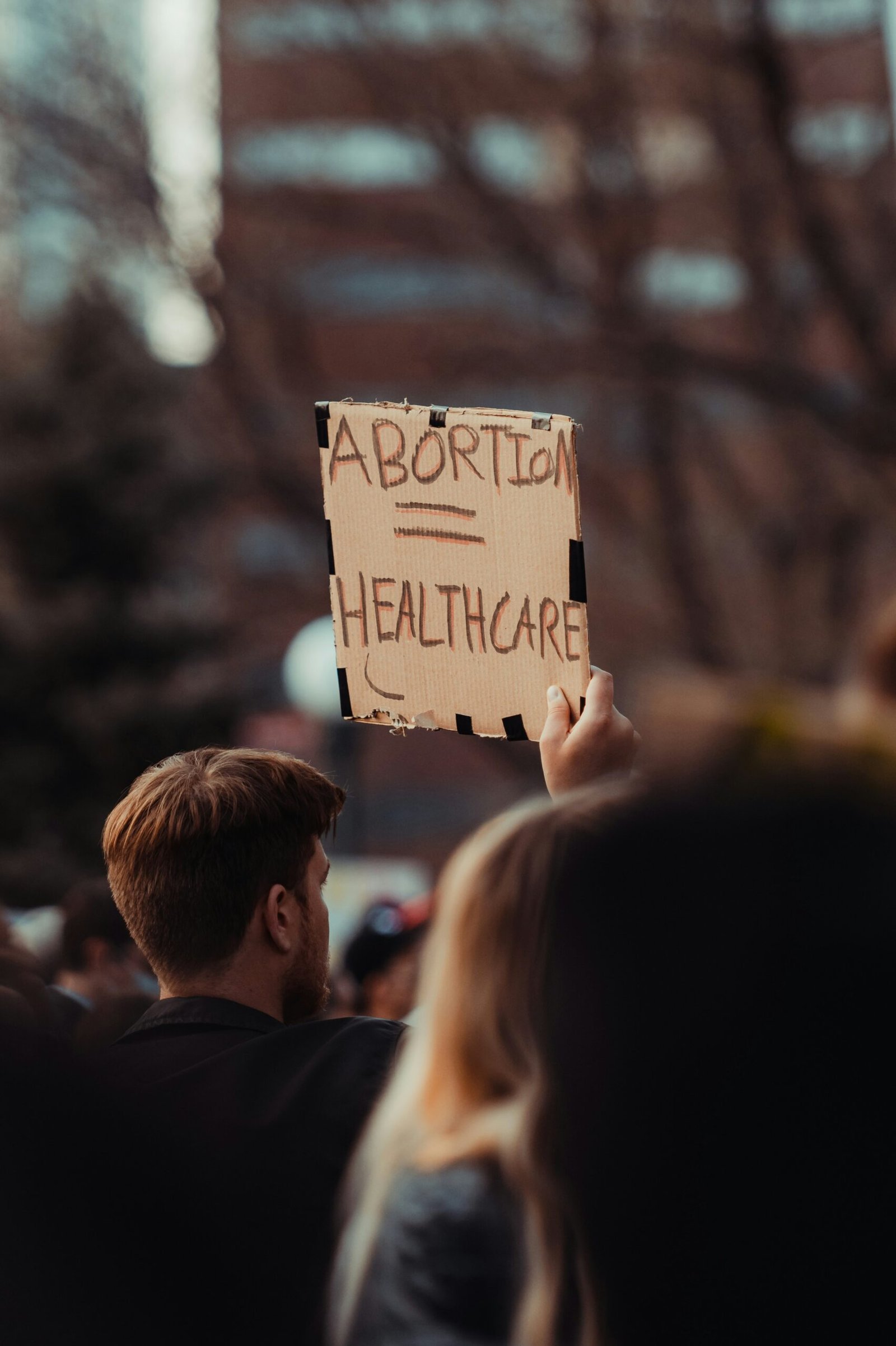Introduction
Reproductive rights are a fundamental aspect of individual autonomy and gender equality. Access to contraception and abortion services is crucial for women and individuals with the ability to become pregnant to make informed decisions about their reproductive health. In this blog post, we will explore the laws and policies surrounding reproductive rights, including access to contraception, abortion services, and reproductive healthcare. We will also delve into discussions on bodily autonomy and reproductive justice.
The Importance of Access to Contraception
Access to contraception plays a vital role in empowering individuals to plan their families and make choices about their reproductive health. Contraception not only helps prevent unintended pregnancies but also allows individuals to space their pregnancies and have control over their reproductive lives. It provides the freedom to pursue education, career opportunities, and personal goals.
Laws and Policies on Access to Contraception
Various laws and policies have been enacted to ensure access to contraception. In many countries, contraception is available over the counter or through healthcare providers. Some governments have implemented programs to provide free or subsidized contraception to low-income individuals, ensuring that cost is not a barrier to access.
However, challenges still exist, particularly in areas where cultural, religious, or political beliefs restrict access to contraception. Some employers and institutions have sought exemptions from providing contraception coverage based on religious or moral objections. These exemptions can limit access to contraception for employees and students, potentially infringing upon their reproductive rights.
The Right to Abortion Services
The right to access safe and legal abortion services is an essential component of reproductive rights. When individuals face an unintended pregnancy, they should have the option to make decisions about their bodies and futures. Restricting access to abortion can have severe consequences, forcing individuals to seek unsafe and illegal procedures, which pose significant risks to their health and well-being.
Laws and Policies on Access to Abortion Services
Laws and policies regarding access to abortion services vary greatly across countries and regions. Some countries have legalized abortion, allowing individuals to make choices about their reproductive health without interference. Others have imposed strict restrictions, making it difficult for individuals to access safe and legal abortion services.
In recent years, there has been a rise in attempts to limit or ban abortion services, often under the guise of protecting fetal rights or promoting maternal health. These restrictions, such as mandatory waiting periods, mandatory counseling, and targeted regulation of abortion providers (TRAP) laws, can create barriers to access and disproportionately impact marginalized communities.
Bodily Autonomy and Reproductive Justice
Bodily autonomy is the right to make decisions about one’s own body without interference from the government, institutions, or other individuals. It is a fundamental human right that encompasses the right to access contraception, abortion services, and reproductive healthcare.
Reproductive justice goes beyond the concept of reproductive rights by recognizing the intersectionality of race, class, and gender. It emphasizes the need for equitable access to reproductive healthcare and the dismantling of systemic barriers that disproportionately affect marginalized communities. Reproductive justice advocates for comprehensive reproductive healthcare, including access to contraception, abortion services, prenatal care, and support for parenting.
Conclusion
Ensuring access to contraception and abortion services is crucial for upholding reproductive rights and promoting gender equality. Laws and policies play a significant role in either facilitating or hindering access to these essential healthcare services. By recognizing and advocating for bodily autonomy and reproductive justice, we can work towards a society where all individuals have the freedom to make informed decisions about their reproductive health and futures.

